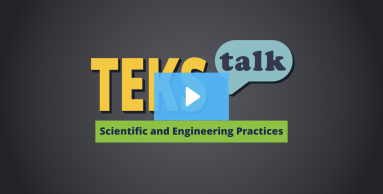- Science
- Grade KG
- Scientific and engineering practices
Science.K.1.D
use tools, including hand lenses, goggles, trays, cups, bowls, sieves or sifters, notebooks, terrariums, aquariums, samples (rocks, sand, soil, loam, gravel, clay, seeds, and plants), windsock, demonstration thermometer, rain gauge, straws, ribbons, non-standard measuring items, blocks or cubes, tuning fork, various flashlights, small paper cups, items that roll, noise makers, hot plate, opaque objects, transparent objects, foil pie pans, foil muffin cups, wax paper, Sun-Moon-Earth model, and plant life cycle model to observe, measure, test, and compare;

Knowledge and Skills Statement
Research
Britannica Kids. 2023. “Science Tools.” Encyclopaedia Britannica, Inc. https://kids.britannica.com/kids/article/Science-Tools/628800. Accessed 29 Nov. 2022.
Summary: Students should understand the importance of science tools and how to use them safely. Scientists use tools to help them accurately collect data and draw conclusions. This article provides examples of teaching students how to safely use common science tools.
Research
Lewis, Scott, and George E. O’Brien. 2012. “The Mediating Role of Scientific Tools for Elementary School Students Learning about the Everglades in the Field and Classroom.” International Journal of Environmental & Science Education 7, no. 3 (July 2012): 433–458. files.eric.ed.gov/fulltext/EJ990527.pdf. Accessed August 11, 2022.
Summary: In this article, the authors describe a study of an elementary school class using various tools for an ongoing scientific investigation. It examines how tools can be used in different ways depending on whether students are using these tools in the classroom, or at the secondary site.
